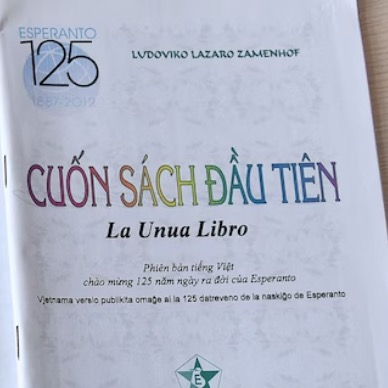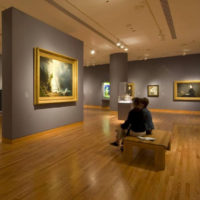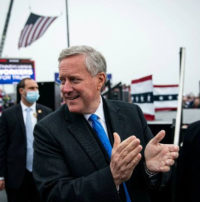Good morning. Here are this week’s highlights:
- Asheville’s Arts District Devastated by Flooding from Hurricane Helene
Asheville’s River Arts District, home to galleries, studios, and performance spaces, was severely impacted by flooding caused by Hurricane Helene. Artists and businesses are grappling with significant losses as they work to rebuild the city’s vibrant cultural hub. Read more on Hyperallergic. - Manchester Climate-Protesting Art Vandals Acquitted
Two Just Stop Oil activists who glued themselves to the frame of a J.M.W. Turner painting were acquitted in Manchester. The court ruled that no lasting damage was caused, reigniting debates about art, protest, and the legal system’s handling of activism. Read more on Artnet. - Seeing Art in Person Sparks Far More Brain Activity than Reproductions
A new study commissioned by the Mauritshuis Museum in The Hague shows that viewing original artworks triggers ten times more brain activity than looking at reproductions. This research underscores the irreplaceable value of experiencing art firsthand. Read more on The Guardian. - The Black List Expands to Books
The Black List, famous for identifying emerging screenwriters whose work has gone on to win Academy Awards, is now turning its focus to the publishing world. This expansion could bring a significant shake-up to how new writing talent is discovered. Read more on Wired. - Has Music Software Made Music Worse?
Musician Billy Corgan argues that tools like Pro Tools have “leveled the playing field” in a way that has diluted musicianship, making it easier for people without talent to produce music. His critical take sheds light on the downside of technology’s impact on creativity. Read more on MusicTech.
As usual, jump down below to see stories we collected, arranged by topic.
See yiou next week.
Doug





